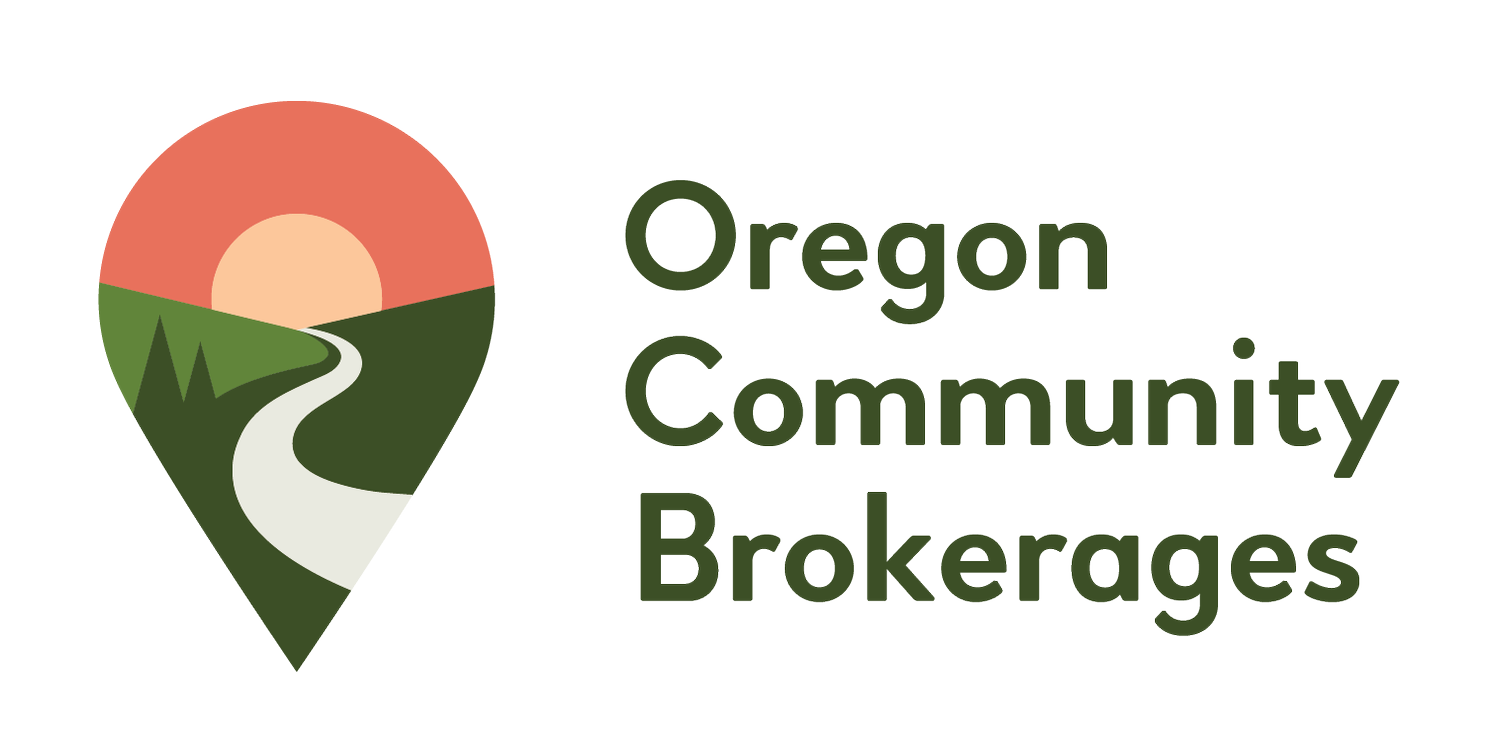Back to the Future
Let's get one thing straight up front: this isn't new. Not at all. In fact, this has been around for years. In Oregon, we started to dream this dream fifteen years ago and more. Support Services Brokerages started here. Take a moment to read this treatise/article/manifesto/guide by Ellen Cummings, a national consultant on Self-determination. What jumps out at you? Do you see Oregon's past reflected in these descriptions? Do you see Oregon's future? Ellen begins by speaking to archaic systems that have yet to see change in the field of intellectual and developmental disabilities services:
"There are many in current unchanged systems, however, who very much want to get away from desks and paper in order to spend a maximum amount of their time doing something different have the time and support necessary to help people with disabilities build lives, but are unable to get out from under the administrative/monitoring functions within the traditional system. Creativity and spirit become stifled in many situations and once again people who have disabilities remain in their perpetual state of waiting--waiting for change, waiting for friends, waiting for a place of their own, waiting for life. The years lost will never be regained."
We have talked a lot about systems change here over the past two years. A new biennium is upon us, and now is a time for reflection, self-assessment, and redirection. Oregon has made a lot of moves to be more compliant with Medicaid rules and regulations, expand services, and bring in more federal funding for those services. A lot of good things have come from these changes. Children with IDD have greatly expanded access to services. Programs are safeguarded for years to come by closer adherence to federal rules. So: how are we doing? Where are we at as a system, as agencies, as Personal Agents, as people receiving services?
The structure in which Personal Agents work and individuals with disabilities are supported must respond to the following imperatives:that people with disabilities are living the lives they want to lead, are happy and healthy, and have solid relationshipsthat people with disabilities have opportunities for generating incomethat people with disabilities are participating citizens of their communitiesthat approval of individual budgets be in the hands of individuals and their Personal Agents, as long as the bottom line is not exceededthat Personal Agents and their Coaches (mentor/supervisors) are getting the kind of information, support, and training they needthat communication is clear and consistentthat there is a buffer between this unit and the difficult, complex systems issues which will still be covered by traditional case managementthat the Personal Agents operate within a line item budget which is controlled by them for the performance of their workthat authority over expenditure of dollars allotted to this unit lies in the hands of those who work in the unitthat the dollars allotted be used more wisely and that they help build a positive future for the individual--an investment in one's futurethat evaluation of performance includes input of those receiving support
As the dust begins to clear, what will we miss as we look around us? What parts of ourselves, of our shared history, have been neglected in this sweeping change? The point of asking this question isn't to lament the good old days. Looking at our past with rose-colored glasses gets Oregon nowhere. Instead, we look to our beginnings to instruct us on how best to rebuild a system stronger, and more compassionate, than we could have imagined before.Because this isn't new, and we should not pretend that we haven't been here before.

